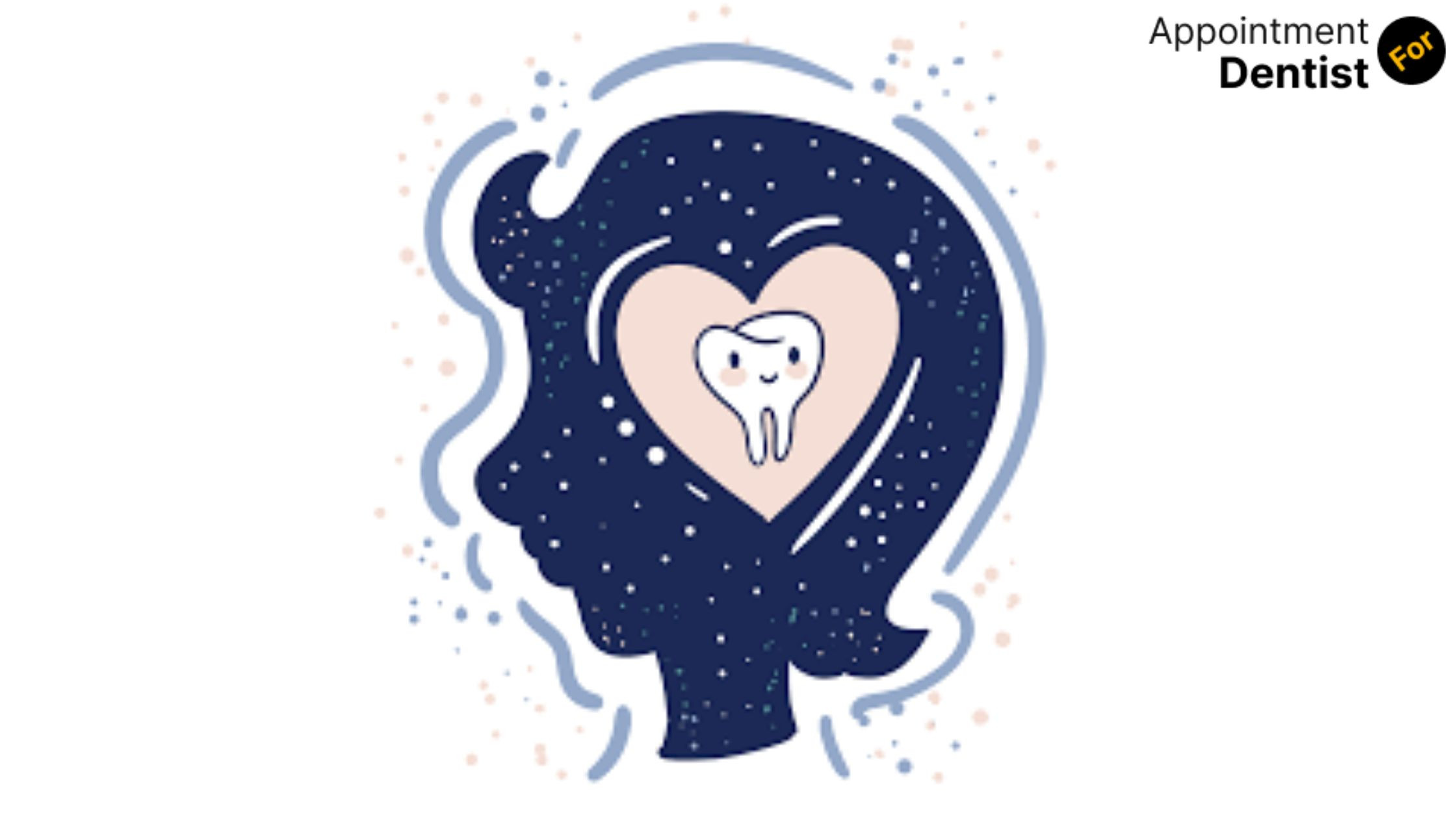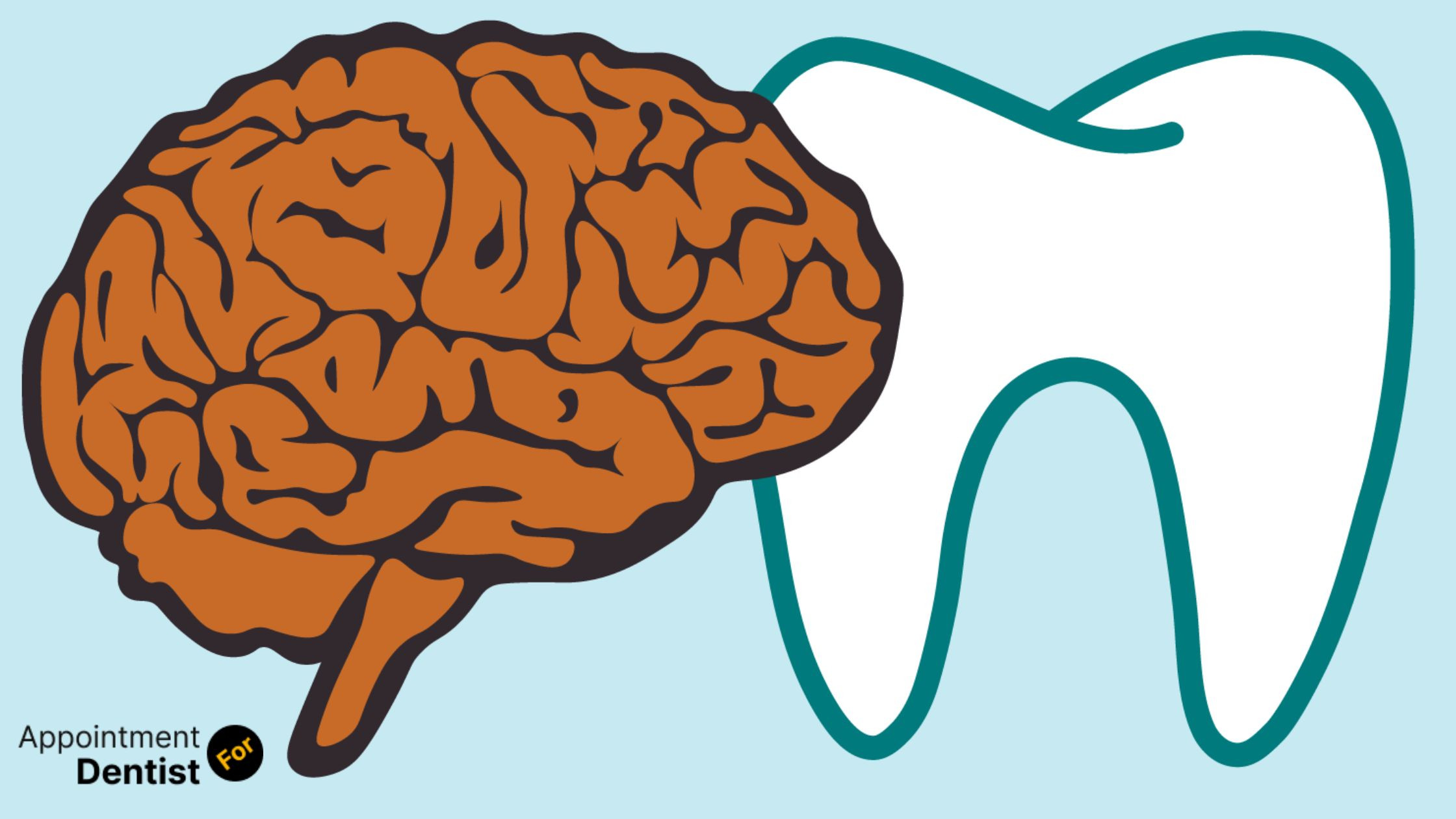The Connection Between Oral Health and Mental Health
Posted on July 10, 2024 by Admin

The Connection Between Oral Health and Mental Health
In recent years, researchers and healthcare professionals have started to uncover a significant relationship between oral health and mental health. While traditionally viewed as separate domains of healthcare, studies increasingly suggest that oral health and mental health can influence each other in profound ways. This connection is not merely coincidental but rooted in biological, psychological, and social factors that intertwine to impact overall well-being. Understanding this relationship is crucial for comprehensive healthcare strategies and holistic patient care.
Biological Links
The biological connection between oral health and mental health is multifaceted. One of the most well-established links is through inflammation. Periodontal diseases, such as gingivitis and periodontitis, involve chronic inflammation of the gums and tissues surrounding teeth. This inflammation is not limited to the mouth but can also contribute to systemic inflammation, which has been linked to conditions like cardiovascular disease, diabetes, and even certain mental health disorders such as depression and anxiety.
Moreover, the bacteria involved in periodontal diseases can enter the bloodstream and potentially affect the brain. Some studies have found correlations between oral bacteria and cognitive decline, although more research is needed to establish a definitive causal relationship. Nevertheless, these findings underscore the potential impact of oral health on neurological health and cognitive function.

Psychological and Social Impacts
Beyond biological mechanisms, the psychological and social aspects of oral health play a significant role in mental well-being. Oral health issues, such as tooth loss, gum disease, or aesthetic concerns, can lead to decreased self-esteem, social withdrawal, and even depression. The appearance of one’s teeth and smile can affect confidence levels and interpersonal relationships, influencing mental health outcomes.
In children and adolescents, poor oral health can contribute to bullying and social stigma, further exacerbating psychological distress. This underscores the importance of early intervention and comprehensive dental care in promoting mental well-being from a young age.
Must read: Everything You Need to Know About Full Mouth Reconstruction
Shared Risk Factors
Furthermore, oral health and mental health share common risk factors. Socioeconomic status, access to healthcare, and lifestyle choices such as diet, smoking, and substance abuse can impact both oral health outcomes (such as cavities and gum disease) and mental health disorders (such as depression and substance use disorders). Addressing these shared risk factors through public health initiatives and integrated healthcare approaches is essential for improving overall health outcomes across populations.
Integrated Healthcare Approach
Recognizing the interconnectedness of oral health and mental health has important implications for healthcare delivery. Integrated care models that combine dental care with mental health services can improve patient outcomes by addressing both physical and psychological needs simultaneously. For example, dentists may be trained to recognize signs of psychological distress in patients and refer them to appropriate mental health professionals, while mental health providers can educate patients about the importance of oral hygiene and regular dental visits.
Educating healthcare providers about the oral health-mental health connection is also crucial. Primary care physicians, psychiatrists, and psychologists should be aware of the potential impact of oral health on their patients’ overall well-being and incorporate oral health assessments into routine screenings and treatment plans.
All You need to know about: How Diet and Nutrition Affect Your Teeth and Gums
Conclusion
In conclusion, the relationship between oral health and mental health is complex and bidirectional. Biological, psychological, and social factors intertwine to influence both domains of health, highlighting the importance of integrated healthcare approaches and holistic patient care. By addressing oral health as an integral part of overall health, healthcare providers can enhance patient outcomes and quality of life across populations. Further research into the mechanisms underlying this connection and the development of effective interventions are needed to fully capitalize on the potential benefits of integrating oral health and mental health care
Faqs
-
1. How does poor oral health affect mental health?
Poor oral health, such as gum disease or tooth loss, can lead to decreased self-esteem, social withdrawal, and increased risk of depression due to aesthetic concerns and social stigma.
-
2. Can mental health problems affect oral health?
Yes, mental health issues like depression and anxiety can contribute to neglect of oral hygiene, leading to higher risks of dental problems such as cavities and gum disease.
-
3. Is there a biological link between oral health and mental health?
Yes, chronic inflammation from periodontal diseases can contribute to systemic inflammation, which is linked to conditions like cardiovascular disease and potentially mental health disorders.
-
4. How can healthcare providers address the oral health-mental health connection?
Healthcare providers can implement integrated care models that combine dental care with mental health services, ensuring comprehensive treatment addressing both physical and psychological needs.
-
5. What are some shared risk factors for poor oral health and mental health disorders?
Shared risk factors include socioeconomic status, access to healthcare, and lifestyle choices such as diet, smoking, and substance abuse, which can impact both oral health and mental well-being.
Recent Post
- The Importance of Oral Health Education for Children
- How to Choose the Right Orthodontic Treatment for Adults
- The Link Between Oral Health and Stroke Risk
- How to Address and Prevent Gum Recession
- Innovations in Dental Anesthesia: Pain-Free Procedures
- The Role of Saliva in Oral Health: Functions and Disorders
- Exploring Holistic Dentistry: What You Need to Know
- How Oral Health Affects Your Immune System
- The Benefits of Using Dental Probiotics
- Oral Health and Pregnancy: Myths and Facts